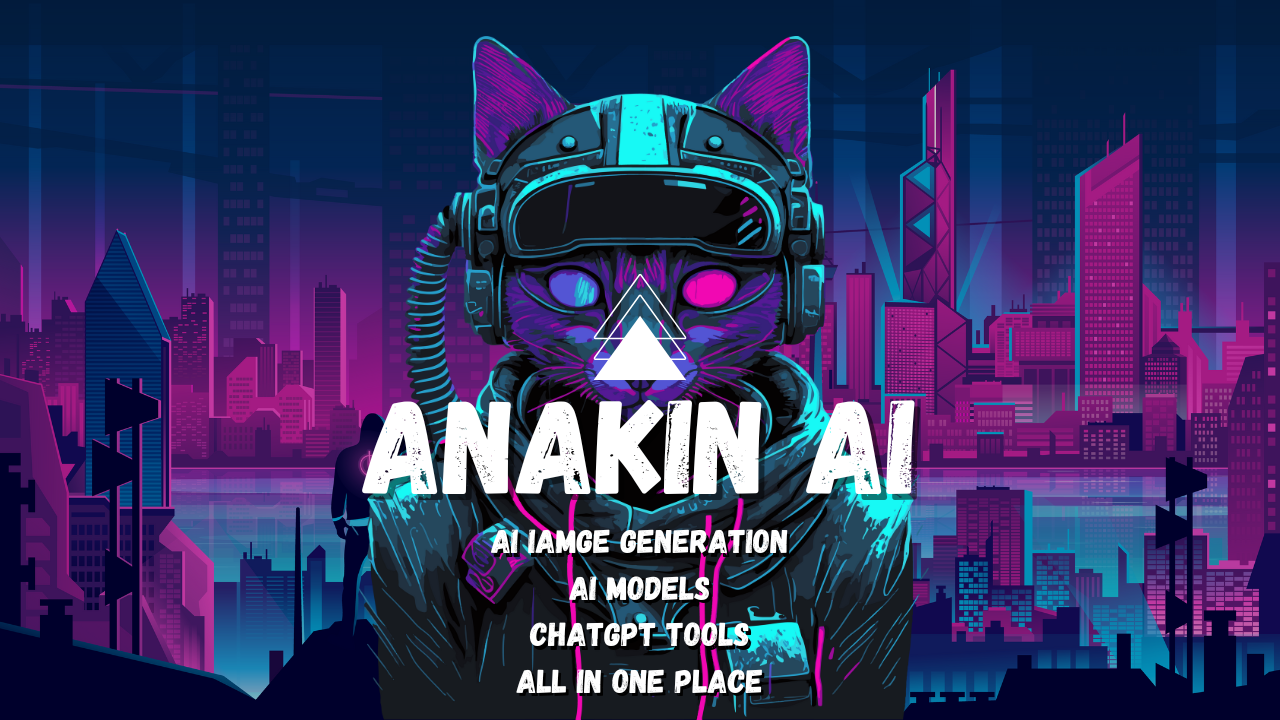📣 The Alarming Rise of AI Data Poisoning: How Cheap Attacks Threaten the Future of AI
Published on
Attention, tech enthusiasts and concerned citizens! As artificial intelligence (AI) and machine learning (ML) technologies become increasingly integrated into our daily lives, a new threat looms on the horizon: AI data poisoning. This insidious form of cyber attack targets the very foundation of AI systems – the data used to train them. Brace yourself for a chilling exposé on how these attacks can be carried out for as little as $60 and the dire consequences they could have on the future of AI.
🚨 What is AI Data Poisoning?
AI data poisoning is a cybersecurity threat that deliberately manipulates the data used to train AI and ML models. By corrupting the training data, attackers can cause these systems to produce incorrect or biased outcomes, undermining their reliability and security. As AI becomes more embedded in critical aspects of society, such as security systems, financial services, healthcare, and autonomous vehicles, the implications of data poisoning attacks grow increasingly severe.
Types of AI Data Poisoning Attacks
Data poisoning attacks come in various forms, depending on the attacker's knowledge and objectives:
- Black-box attacks: The attacker has no knowledge of the model's internals.
- White-box attacks: The attacker has full knowledge of the model and its training parameters.
- Availability attacks: Aim to reduce the overall accuracy of the AI model.
- Targeted attacks: Seek to cause misclassification of specific inputs.
- Subpopulation attacks: Target a particular subset of the data to introduce bias.
- Backdoor attacks: Implant a hidden trigger that can be exploited later.
💸 The Shockingly Low Cost of AI Data Poisoning
Prepare to be stunned by the accessibility of AI data poisoning attacks. Researchers have demonstrated that for a mere $60, a malicious actor could tamper with the datasets that generative AI tools rely on. This could involve purchasing expired domains and populating them with manipulated data, which AI models might then scrape and incorporate into their training datasets.
The Surprising Impact of Small-Scale Data Poisoning
While a 0.01% corruption of a dataset may seem insignificant, it can be enough to cause noticeable distortions in an AI's outputs. This highlights the alarming vulnerability of AI systems to even small-scale data poisoning attacks.
🛡️ Protecting AI Systems from Data Poisoning
As the threat of AI data poisoning grows, it is crucial to implement robust security measures and ethical considerations in the development and deployment of AI technologies. Some proactive measures include:
- Diligent dataset selection: Carefully vet the databases used for training AI models.
- High-speed verifiers: Employ techniques to validate the integrity of training data.
- Statistical anomaly detection: Use statistical methods to identify unusual patterns in the data.
- Continuous model monitoring: Regularly assess model performance to detect unexpected accuracy shifts.
The Importance of Proactive Measures
By addressing the challenge of AI data poisoning proactively, researchers, developers, and policymakers can help ensure the security and reliability of AI systems as they become more integrated into critical aspects of our lives.
🚀 The Future of AI Security
As the world becomes increasingly reliant on AI technologies, the stakes for ensuring their security and integrity have never been higher. The rise of AI data poisoning attacks serves as a stark reminder of the need for ongoing vigilance and innovation in the field of AI security.
Collaboration and Education: Keys to Combating AI Data Poisoning
To effectively combat the threat of AI data poisoning, it is essential to foster collaboration among researchers, developers, and policymakers. By sharing knowledge, best practices, and emerging threats, the AI community can work together to develop more robust and resilient AI systems.
Additionally, educating the public about the risks of AI data poisoning and the importance of secure AI development is crucial. By raising awareness and encouraging responsible AI practices, we can help ensure that the benefits of AI are realized while minimizing the potential for harm.
💡 Conclusion
The rise of AI data poisoning attacks poses a significant threat to the future of AI and its potential to transform our world for the better. By understanding the risks, implementing proactive security measures, and fostering collaboration and education, we can work together to ensure that AI technologies remain secure, reliable, and beneficial to society as a whole.
Don't let the low cost of AI data poisoning attacks lull you into a false sense of security. The consequences of these attacks can be far-reaching and devastating. Act now to protect the integrity of AI systems and safeguard the future of this transformative technology. Together, we can build a future where AI serves as a powerful tool for good, free from the malicious influence of data poisoning attacks.

